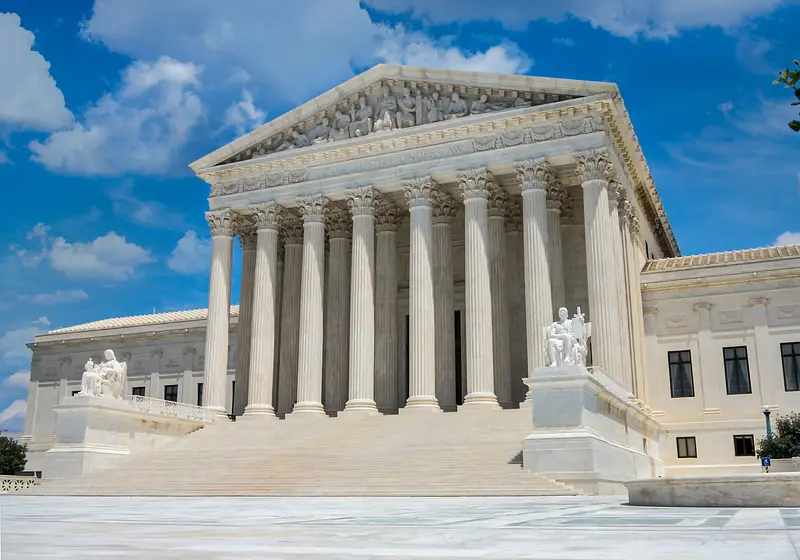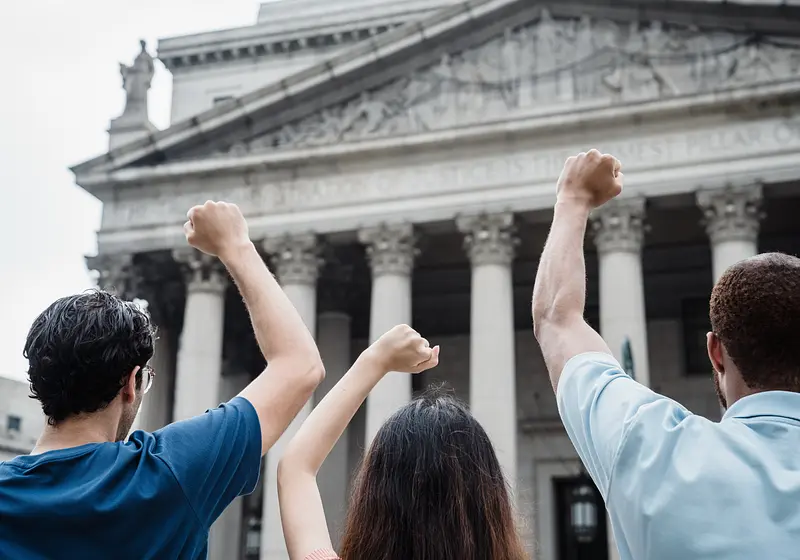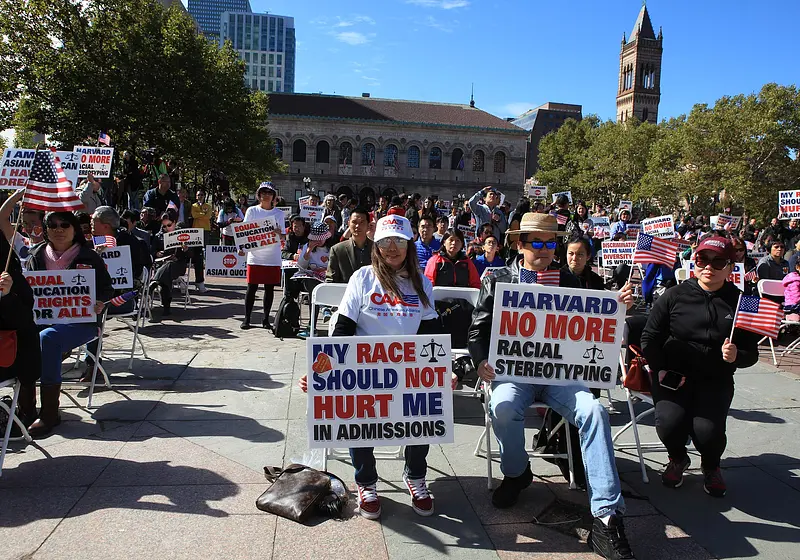The General Overview
Affirmative Action
1961-2023
Rest in Peace…
Or at least that’s what people across America are thinking.
The year is now 2023, if you can believe it, and as a new year waltzes in and another stumbles out, there are plenty of reasons to be optimistic. Correction: There are plenty of reasons to be optimistic in the case that you are part of the majority or top 1%.
The Supreme Court is expected to rule on affirmative action in undergraduate institutions this year, after rumors of its elimination have been circulating for the past year. Affirmative action in schools is intended to give underprivileged groups a fair chance at being admitted into America’s most prestigious institutions. The essence of affirmative action is that it is "the practice of considering student background characteristics, such as race, as a factor in deciding whether to admit an applicant." This idea has been instilled into the admissions policies of both public and private institutions, and, to many, it is seen as a way to gather contextual information about an applicant rather than just rejecting their application solely based upon test scores or extracurriculars. But for many, though, it is a slap in the face.
Those from privileged backgrounds feel as though they are no longer being evaluated on a level playing field. Instead of looking at their high school achievements or test scores, colleges are looking at race and socioeconomic status to fill highly sought-after positions.
What the Case DetailsThe cases brought before the Supreme Court are Students for Fair Admissions v. President and Fellows of Harvard College and Students for Fair Admissions v. University of North Carolina.
According to their website, Students for Fair Admissions is "a nonprofit membership group of more than 20,000 students, parents, and others who believe that racial classifications and preferences in college admissions are unfair, unnecessary, and unconstitutional." Their mission is to "support and participate in litigation that will restore the original principles of our nation’s civil rights movement," because they feel that race and ethnicity should not be factors considered in the application process as they unfairly help students gain admission to competitive universities.
In the case against Harvard College, the Students for Fair Admissions argue that considering race in applications violates Title VI of the federal Civil Rights Act, which prohibits discrimination by institutions funded federally. They also claim that Harvard’s admission policy discriminates against Asian American applicants.
When first pushed in a district court of law, the court agreed that being "race-conscious" was "narrowly tailored" to a "compelling interest," the interest being the goal of diversity; however, they found no evidence to prove that it was intentional discrimination or an effort at bringing about reparations.
The case against the University of North Carolina is quite similar, as the Students for Fair Admissions feel as though minority applicants are considered more favorably than their Caucasian and Asian-American counterparts. The SFFA found that it violated the Fourteenth Amendment of the Constitution and Title VI; however, like the Harvard case, the district court found no evidence of intentional discrimination or unethical admissions practices.
DevelopmentsOn October 31, 2022, the Supreme Court began its first set of hearings on the affirmative action case, and now that the Court possesses a conservative majority, the chances of affirmative action bypassing these complaints don’t fare quite well. However, the SFFA, led by Edward Blum, have already been to the marble palace twice before, and shot down just as many, bringing hope to many worried that their applications won’t be evaluated contextually and in a way that reflects their maximization of resources rather than how shiny their medals are or how flashy their test scores are in comparison to their peers.
At the hearings, both the colleges and the SFFA faced a series of intense questions. Justices Sotomayor and Jackson requested that the SFFA provide evidence of discrimination or misconduct and the correlations between discrimination, the consideration of personal backgrounds, and admitted applicants. Their conservative counterparts, Justices Thomas, Kavanaugh, and Barrett, pressed the colleges about the "educational benefits" of implementing racially conscious programs and "whether or not granting a credit based solely on skin color is based on a stereotype when you say this brings diversity of viewpoint."
ConclusionThe removal or continuation of affirmative action could affect many Americans in various ways. Affirmative action can make the difference between attending college and not attending college, as well as the difference between having a prosperous future or remaining in a rut. In light of the recent hearing, many colleges are considering implementing race-neutral plans and other programs that will allow them to avoid the legal issues colleges like Harvard and the University of North Carolina are currently in.
Nevertheless, the verdict that will be delivered in SFFA vs. Harvard and UNC will be a historic one that will change the way Americans view both the education system and racial discrimination.















